Sid Meier’s Civilization: Beyond Earth is the latest installment in the Civilization franchise and takes the series away from the traditional, history-based setting of the previous games. Beyond Earth was hyped subliminally as a spiritual successor to Alpha Centauri, something Firaxis tried very hard to steer away from but with the new setting of the game as it is, its a tough endeavor not to be compared to it. In this review though, we’ll focus more on Beyond Earth and compare it against the previous games in the series most specifically Civilization V in terms of gameplay.
Minimum Requirements
- Operating System: Windows® Vista SP2 / Windows® 7
- Processor: Intel Core 2 Duo 1.8 GHz or AMD Athlon X2 64 2.0 GHz
- Memory: 2 GB RAM
- Hard Disk Space: 8 GB or more
- DVDâ€ROM Drive: Required for discâ€based installation
- Video: 256 MB ATI Radeon HD 3650 or better, 256 MB nVidia 8800 GT or better, or Intel HD 3000 or better integrated graphics Sound: DirectX 9.0câ€compatible sound card
- DirectX®: DirectX® version 11
- Other Requirements:
Initial installation requires one-time Internet connection for Steam authentication; software installations required (included with the game) include Steam Client, Microsoft Visual C++2012 Runtime Libraries and Microsoft DirectX.
Recommended Requirements
- Operating System: Windows® Vista SP2/7
- Processor: 1.8 GHz Quad Core CPU
- Memory: 4 GB RAM
- Hard Disk Space: 8 GB or more
- Video: AMD HD5000 series or better (or ATI R9 series for Mantle support), nVidia GT400 series or better, or Intel IvyBridge or better integrated graphics
- Sound: DirectX 9.0câ€compatible sound card
- DirectX®: DirectX® version 11, or Mantle (with supported video card)
Gameplay
The game features the same formula of the previous Civ games: you start out founding a city and grow it from there. As you grow your city, you’ll be tasked to manage every facet of it from how you manage the growth of the city to how you generate research and income from that city. Unit and building production are still key aspects of the game where you create buildings to add to your city’s structure which contribute in one way or another yet will cost you a few more ways it will always be a game of balance rather than who has the most buildings.
Units primarily divided into 3 types now: civilian units (Trade units, Colonists), military (land, naval, aerial) and the new orbital units which are launched from their city of origin to orbit. Orbital units will stay in orbit for a set amount of turns and will de-orbit after that and that’s the time you either launch another one to re-gain its benefits or just ignore it altogether.
Civ 5 fans will feel many of the things in Beyond Earth very familiar but it must be noted that the game introduces a lot of new objects and the Civilopedia will be a must if you want to get to know the terrain, units and resources in the game more. Why? Because the game doesn’t do a good job explaining each one, what it does and what you do with it. That’s for you to learn on your own via context of improvements and the Tech Web.
Introducing the Tech Web. Gone is the Tech Tree and replaced with this grid of Sci-Fi babble where you pick the next tech you want to research. You aren’t locked down to a linear path like the Tech Tree and prerequisite tech are now much limited due to the expanse of the web but as we’ve said, the game doesn’t do much to tell you which is which and what it does. All of that that information is pretty much inferred and for first time players, it is a timely undertaking.
Virtues replace the old Social Policies where you pick bonuses for reaching a certain amount of culture, each limit increase for the next one thus requiring you to get more ways to increase Culture.
City-States are also gone and are replaced by minor stations which provide bonuses when traded with. If you’re like me that guns for a diplomacy victory then say goodbye to that old build of yours of buying off every city-state by sheer amount of money. It doesn’t work here.
Espionage and warfare get a touch of makeover for Beyond Earth with the game removing unique units and allowing you to improve units as you go. Espionage and spying becomes more interactive with a much more active spy network allowing you to perform covert operations for your benefits… unless you are caught which could lead to diplomatic tensions with the other Civs. When tension boils over you may be faced with war and warfare gets slight makeover in Beyond Earth. First, unique units are removed but you still get the a semblance of this by the affinity you choose (more on this later). Depending on your affinity, you get to choose how your units advance in terms of upgrades while granting them bonus abilities. Also unique to the game are orbital attack units which allow you to damage attacking units from orbit.
Similar to the Ideology mechanic in Civ V, Affinity in Beyond Earth provide the direction at which your Civ advance to. Affinity appear much earlier in the game and will dictate how your units evolve. There are three Affinity in the game: Harmony, Purity and Supremacy with each one granting unique in-game traits.
There are plenty other mechanics in this game that may be new or have undergone some form of change, the major take here is that the game while having an in-game tutorial or ADVISR doesn’t help much in discovering the game more. While some may say this is part of what makes Civilization games such a unique and diverse experience, it is daunting to say the least for most players new or have been gone from the series since CIV4. The game still pretty much plays like Civ 5 and that’s where some criticism lies: instead of releasing the game as a stand-alone, separate title it could’ve easily been an expansion for the Civ 5.
Graphics & Audio
We’re playing the game on an Ivy Bridge i7-3770K OC’d to 4.4Ghz, 8GB of RAM DDR3-1866, running of a Plextor M6E PCI-E SSD with a Palit Jetstream 780Ti. Maxing out the details on this game with this setup is easy and the game glides along easy.
In-game, the visual presentation is great and very rich. Much detail has been taken into creating a unique visual presentation to give the feel of an alien ecosystem. The audio contributes to the feel with alien buzzing and humming instilling a certain feel to it. The audio BGMs react depending on in-game events and when hostilities flare up, expect the BGM to also shift to a fast-paced orchestra then subside to a more softer BGM when the heat dies down.
With the introduction of new factions comes new personalities each representing their portion of the globe. Each one has a unique personality and speaking pattern but the depth at which each Civ was presented in Civ 5 is nowhere present in this game. Much of the in-game voiceovers are done by a single person (your faction leader) and its presented in a dull manner. No loading speech to introduce your chosen faction and there is a serious lack of Advisor voiceovers.
Conclusion
Civilization: Beyond Earth is a good game in terms of gameplay. It has a tried and tested formula that makes a great Civilization game and sci-fi fans will really appreciate the time taken to create new concepts to explore in the game. Barring the fact that there is a steep learning curve for new players, Beyond Earth makes up for this in some degrees by its rich Civilopedia and the much less restrictive Tech Web.
The best thing about Civilization: Beyond Earth is that it gets the game going at an early stage. Previous Civs will have you open up options later on in the game but Beyond Earth allows vast arrays of mid-to-late game options easily accessible early on provided you’re good enough to research and acquire them early on. This creates a new aspect of approaching the game via Science and other resources and the new Favor option allows you to capitalize on being the most resourceful Civ around.
There are still plenty of things to improve like the dull audio presentation, lifeless Civs and lack of celebration during to really improve the experience but as Civ game, it is still a solid game and deserves good creds for not veering far away from the tested 4X formula of the Civilization franchise. It may not be Alpha Centauri as others have said, but not everyone is looking to play that game.
Civilization: Beyond Earth gets our B2G Recommended Award.
Buy Civilization: Beyond Earth at GreenManGaming
or



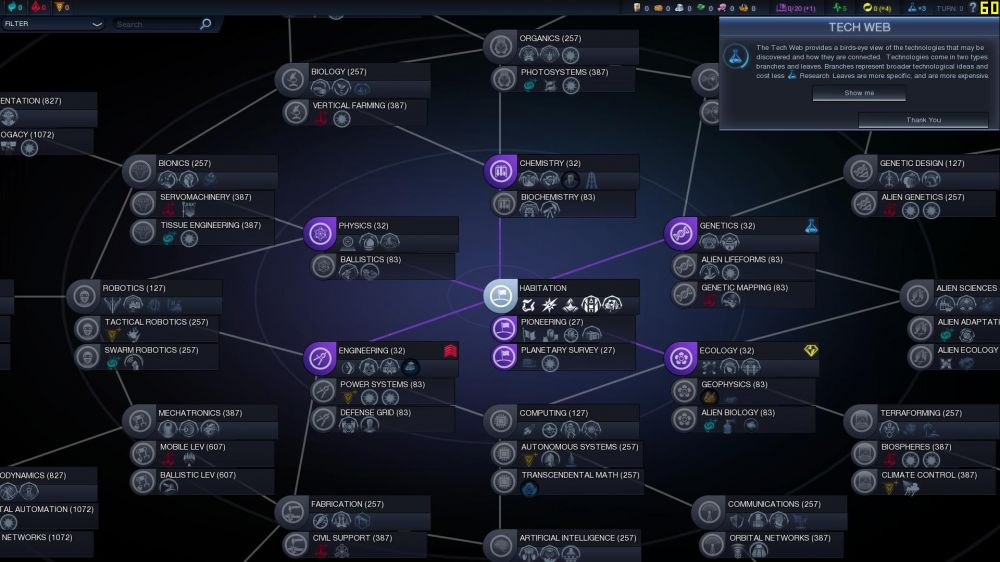
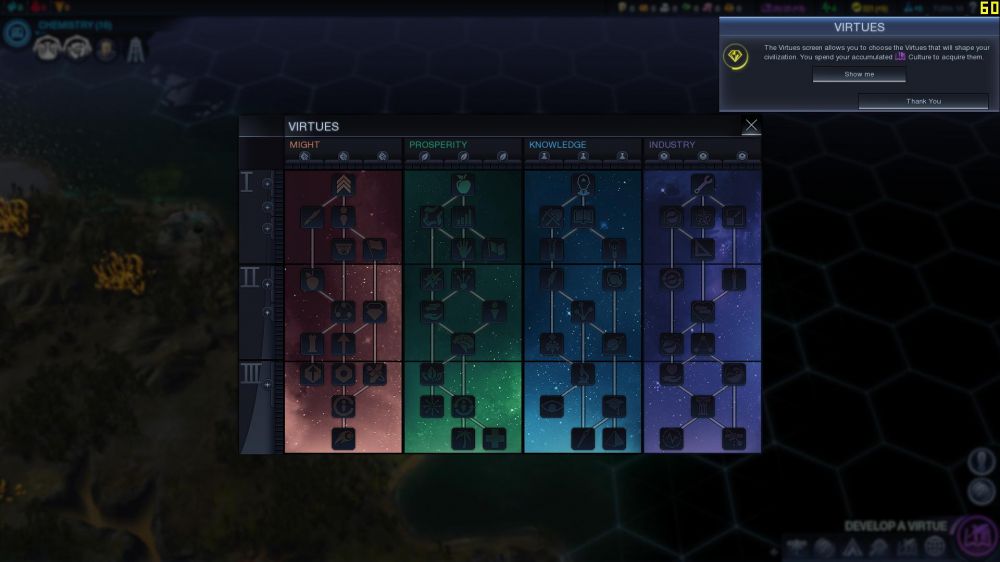
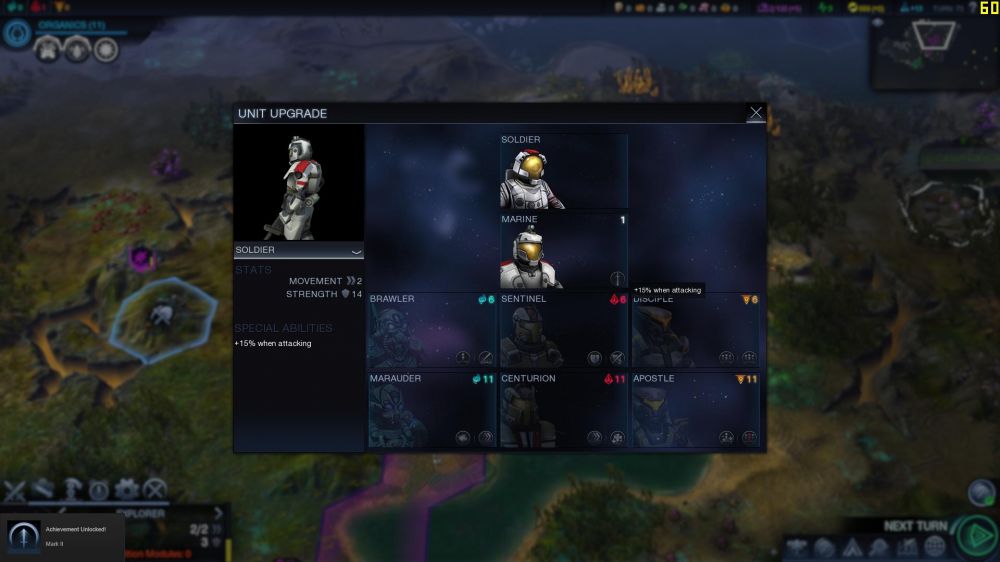
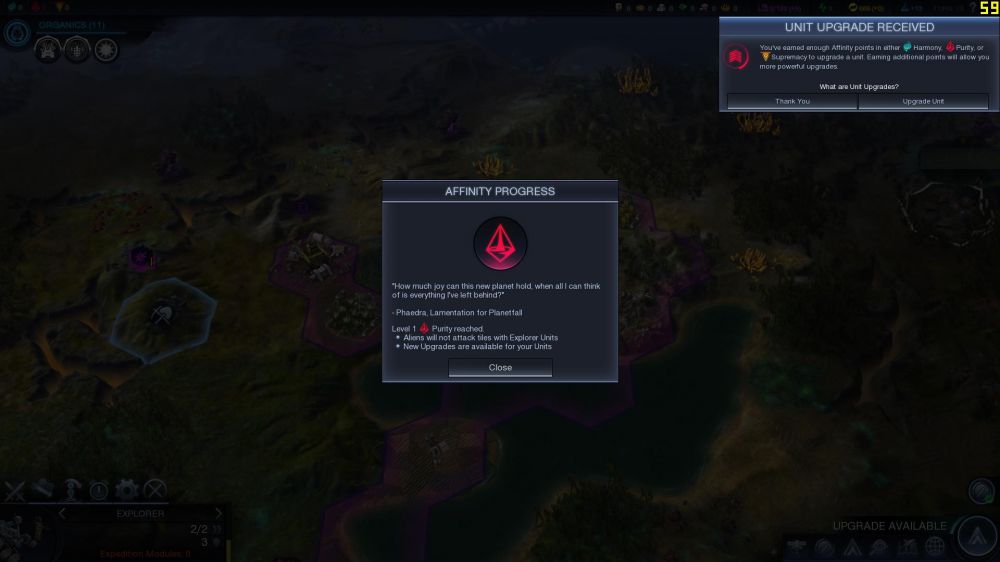
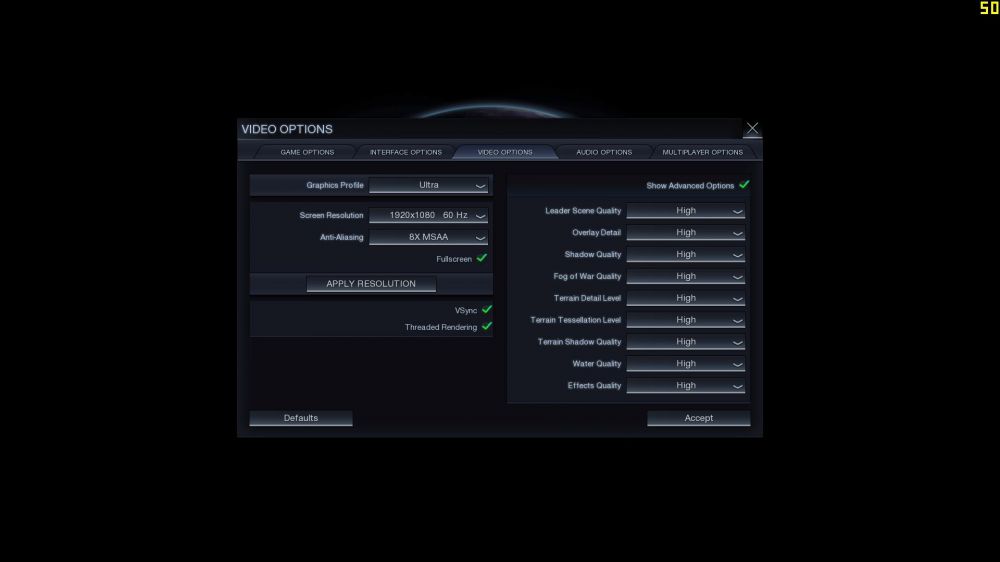
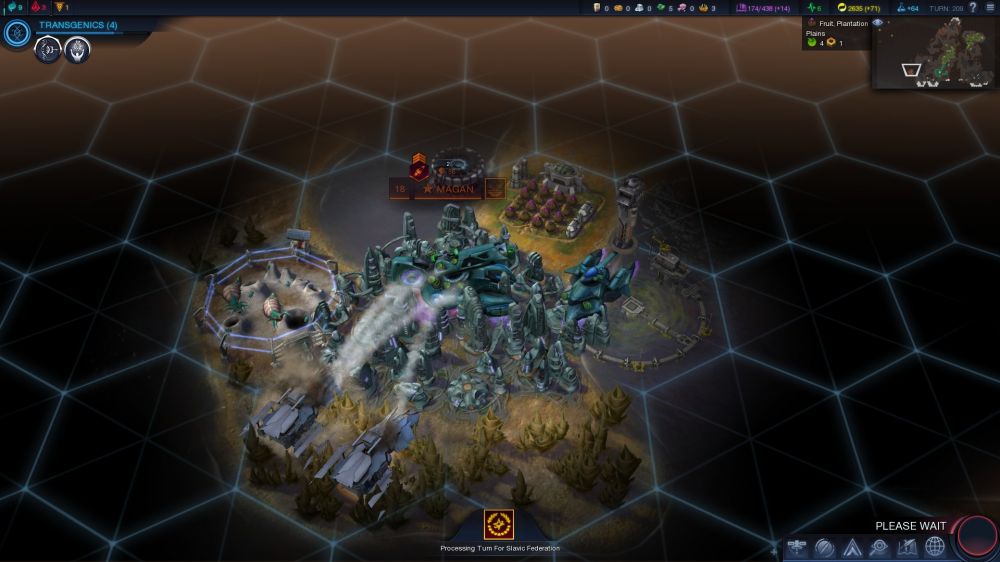
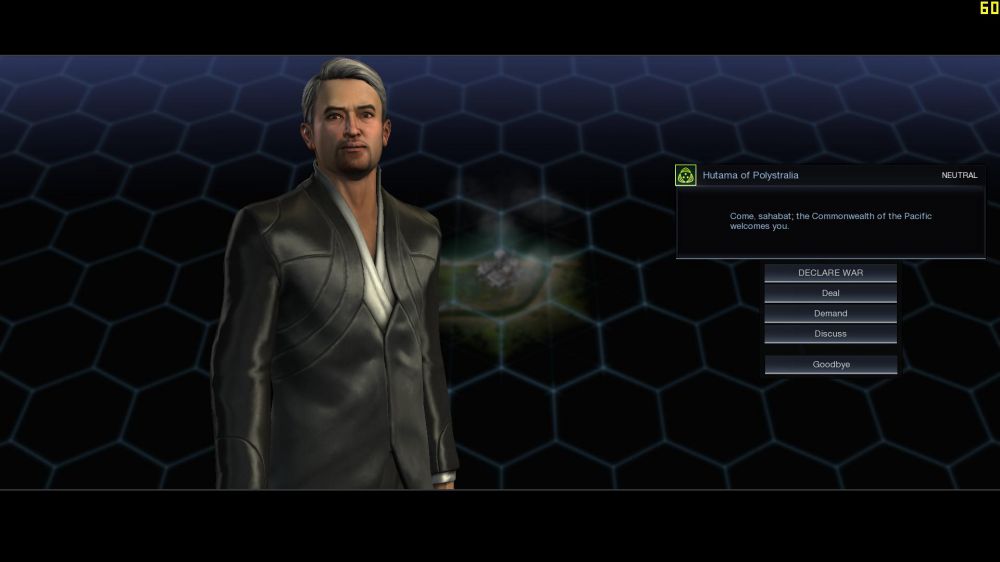
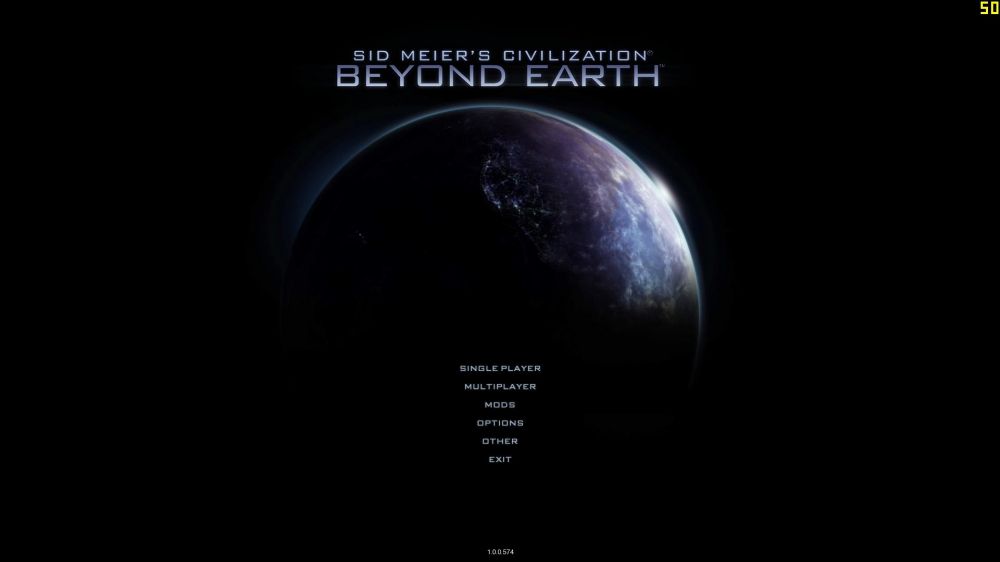


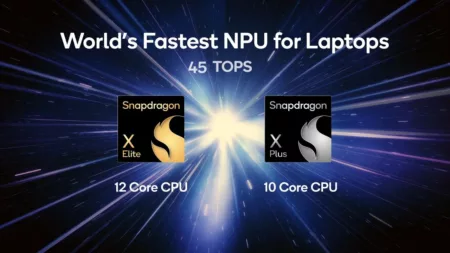

11 Comments
abangan ko ito pag nag sale sa steam next year
Next year? Dude Burakku Friday and Winter Sale is coming
baka 10-20% lang gusto ko 70% ahahaha
hahaha ansakit nyan full price ako haha
ahehe abangerz ako ng 50% or 70%
I’ve seen it drop naman to -80% (civ V) hope for the best!
yup kuha ko yun
love it. performs better than civ 5, IMO.
missing the nukes, but the ion cannon / orbital bombardment platform is cool hahaha.
I like the new unit upgrade options. It makes units much more varied although para nga lang syang upgrade. Haven’t tried upping the tech tree to max military advantage yet but that orbital bombardment sounds wicked
Beyond Earth is like the part that takes place after attaining a Space Victory at CIV 5 >.<
But I would’ve loved to take a 4000 year old Rameses II to space than these asshole faction leaders XD